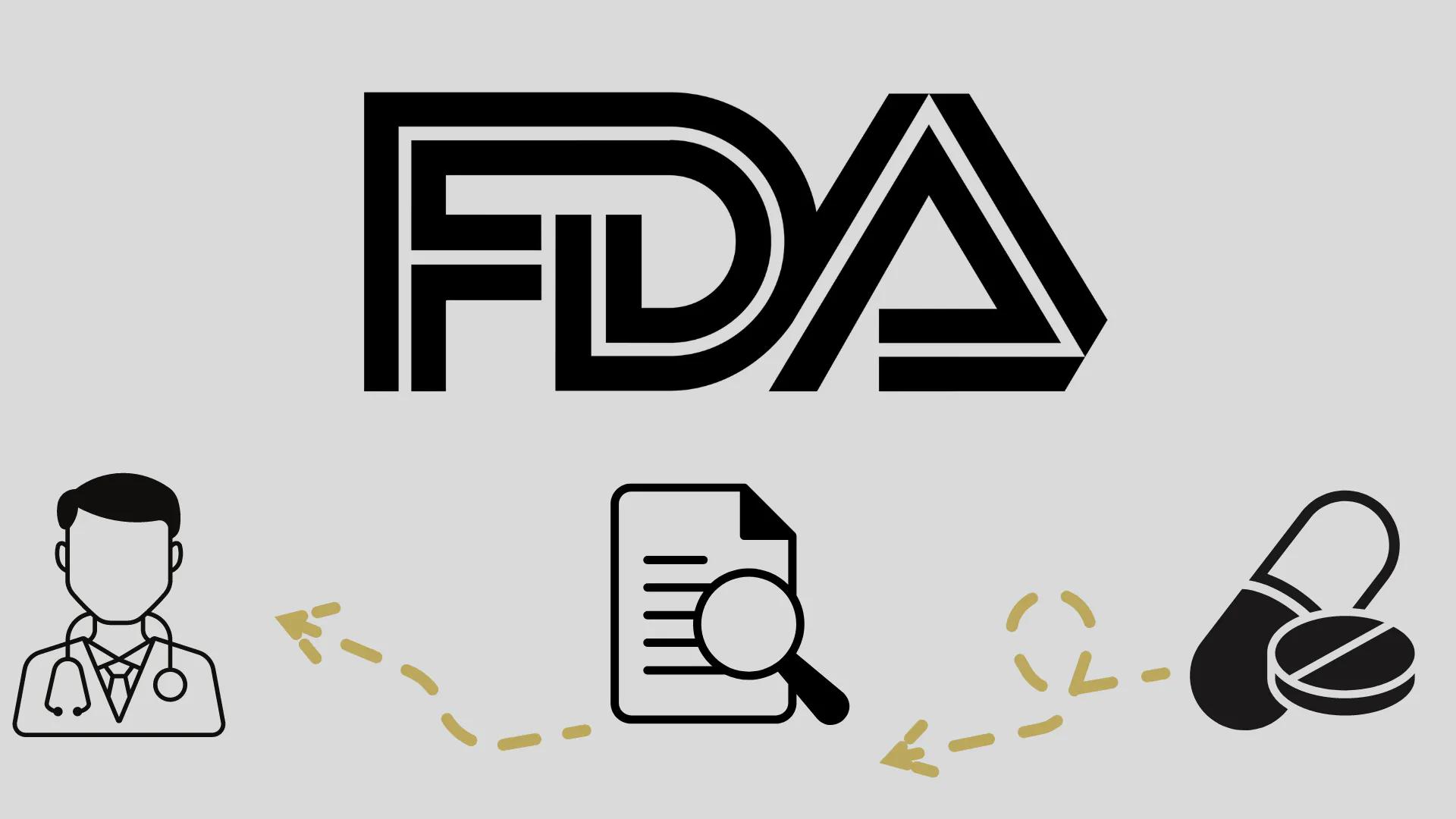
FDA Greenlights Erlanatamab for Relapsed or Refractory Multiple Myeloma

Findings from 2 cohorts of the phase 3 MagnetisMM-3 trial led to the FDA approval of elranatamab-bcmm for relapsed or refractory multiple myeloma treatment.
- The early FDA approval for erlanatamab-bcmm (Elrexfio) includes heavily pretreated patients who received 4 or more prior lines of therapy.
- Both breakthrough therapy and orphan drug designations were previously granted for erlanatamab for the treatment of relapsed or refractory multiple myeloma (RRMM).
- The FDA approved dose of erlanatamab is 76 mf once weekly or step-up dosing of 12 mg on followed by 32 mg on day 2, and 76 mg on day 8.
The FDA has granted accelerated approval to elranatamab-bcmm for the for the treatment of adult patients with relapsed or refractory multiple myeloma (RRMM) who have received at least four prior lines of therapy, including a proteasome inhibitor, an immunomodulatory agent, and an anti-CD38 monoclonal antibody, according to Pfizer, Inc, in a press release.1
The approval is based on
"It is a new era that we are seeing, showing that you could retreat patients with BCMA-targeted treatments. This opens up a new field for us. Not only do we have alternate targets of GPRC5D or FCRH5 those patients that have previously received a BCMA-targeted therapy, but this study clearly shows that BCMA-targeted therapies could be reused yet attaining a good benefit for these patients," Ajay Nooka, MD, MPH, director of the Multiple Myeloma Program at Winship Cancer Institute of Emory University, told Targeted OncologyTM.
According to data published in Blood in 2022, with a median follow-up of 10.4 months, 55.3% of patients treated with elranatamab had a very good partial response or better and 27.6% of patients achieved a complete remission or better. Among patients who achieved a complete remission (n = 22), 90.9% had minimal residual disease (MRD)-negativity at a threshold of 10-5. The median time to response in these patients was 1.2 months.2
Median progression-free survival (PFS) and overall survival (OS) were not achieved, but PFS rates at 6- and 12-months were 65.2% and 58.8% with the agent, respectively. The OS rate with elranatamab at 6 months was 76.1% and at 12 months was 63.6%.
These findings suggest that elranatamab has a manageable safety profile as the 2-step-up priming dose regimen of 12/32 mg helped mitigate the rate and severity of cytokine release syndrome (CRS) and immune effector cell-associated neurotoxicity syndrome (ICANS) among patients in cohort A treated with this priming regimen, according to the investigators.
CRS were predominantly grade 1 or 2 and most cases were observed early on. Only 6% of patients had CRS after dose 3 and fewer than 1% experienced CRS after dose 4. Then, 3% of patients reported having ICANS that was grade 1/2 only, and no fatal neurotoxicity events were seen.
“Elrexfio reflects our ongoing commitment to developing scientific breakthroughs that meaningfully improve outcomes for people with cancer. Discovered at Pfizer, we advanced this therapy from a first-in-patient trial to approval in less than five years, because we know that time is life for people living with multiple myeloma,” said Angela Hwang, chief commercial officer and president of Global Biopharmaceuticals Business, Pfizer, in the press release. “With significant responses in a patient population with highly refractory disease, we believe Elrexfio is poised to potentially become the new standard of care for multiple myeloma, as we plan to build upon this indication with continued development across the expansive MagnetisMM program.”
1. Pfizer’s ELREXFIO™ receives U.S. FDA accelerated approval for relapsed or refractory multiple myeloma. News release. August 14, 2023. Accessed August 14, 2023. https://www.businesswire.com/news/home/20230809028227/en/Pfizer%E2%80%99s-ELREXFIO%E2%84%A2-Receives-U.S.-FDA-Accelerated-Approval-for-Relapsed-or-Refractory-Multiple-Myeloma
2. Bahlis NJ, Tomasson MH, Mohty M, et al. Efficacy and safety of elranatamab in patients with relapsed/refractory multiple myeloma naïve to B-cell maturation antigen (BCMA)-directed therapies: Results from cohort A of the magnetismm-3 Study. Blood. 2022;140(suppl 1):391-393. doi:10.1182/blood-2022-162440



















